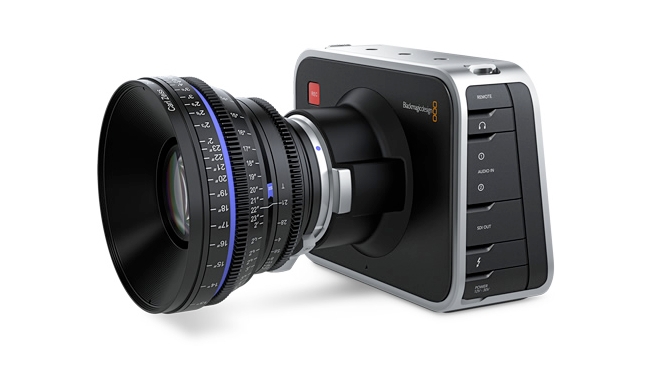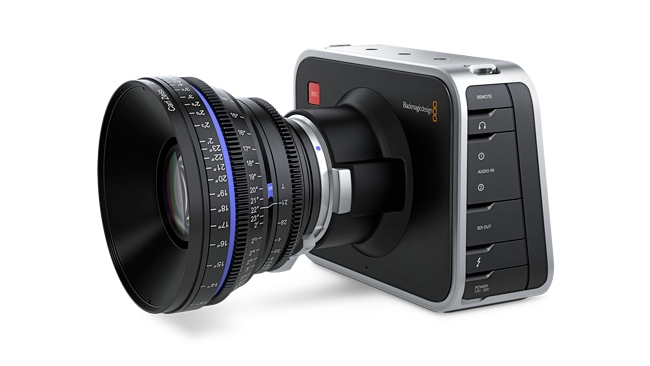
 At last! First impressions of the Blackmagic Cinema Camera
At last! First impressions of the Blackmagic Cinema Camera
I may be the editor of RedShark but until today I haven't actually had a chance to get my hands on a Blackmagic Cinema Camera other than at trade shows. Well, we do have one now and I was in London helping Phil Rhodes shoot some scenes for an upcoming article - so I just thought that, even though I'm probably the last person on earth to see the camera properly, I'd write some first impressions
First Impressions
And my first impression was actually that this thing is real. It's a funny feeling when you've read about it and seen so many reviews. No matter how many times you've heard other people talk about it, and seen their videos, it seemed different. Specifically, it seemed bigger, and heavier than I expected; a lot heavier. I think internally I was equating "cheap" with "lightweight".
So, although this heft might limit the time you can spend using it handheld, its mass certainly gave it a feeling of gravitas. This is no Fisher Price toy: it's a serious tool.
The user interface is very good. When you're used to navigating through the labyrinthine menus of conventional cameras, having a clear, colour interface and somewhat fewer options than average is a very good thing. I suspect that this UI will grow, though, especially as the Blackmagic camera family expands. The BMCC is probably one of the most software-based cameras ever made, and a touchscreen can be reconfigured ad infinitum, unlike a device that relies on physical buttons.
The BMCC's ability to use such a wide range of lenses, natively or via adaptors, opens up a huge set of possibilities, from ultra-modern glass to vintage. There's no autofocus, though, not that most experienced videomakers would want that. You need good lenses. The sensor's significantly smaller than a full-frame DSLR's so you'll only be using a fraction of your lens's image.
It takes a while to get used to, and to plan around the fact that the power supply is internal. There is an external power connector but it's a non-retaining one. At least if it comes out, the internal battery will take over.
Shooting with the Blackmagic Cinema Camera
We were shooting during one of the hottest days in London for about a decade, and all day people were commenting how bright the sun was. This is a fierce environment for any camera, even one with 13 stops of dynamic range. In reality, even a camera with 20 stops would have struggled.
Phil is grading the footage and we'll see in his article how it looks.
My final thoughts are that this is a fully professional camera, that is radically different. The design does have some elements that could be considered to be drawbacks (like using the screen in bright sunlight) but this same feature is what gives the camera a lovely interface - and, probably, keeps the price down.
I would sum it up like this. The BMCC outperforms DSLR video by some margin. At the very least, it's sharper, and it's raw. And if you don't want to record raw, you can capture direct into edit-friendly Apple ProRes - something that you'd need an external field recorder for with a DSLR.
There may have been delays as the BMCC deviated from the promised delivery timeline, but when you see the camera - and the footage it produces, you have to be slightly in awe that it exists at all - never mind that it captures such high quality images. And at the new price, I don't think there's anything like it.
Tags: Technology


Comments